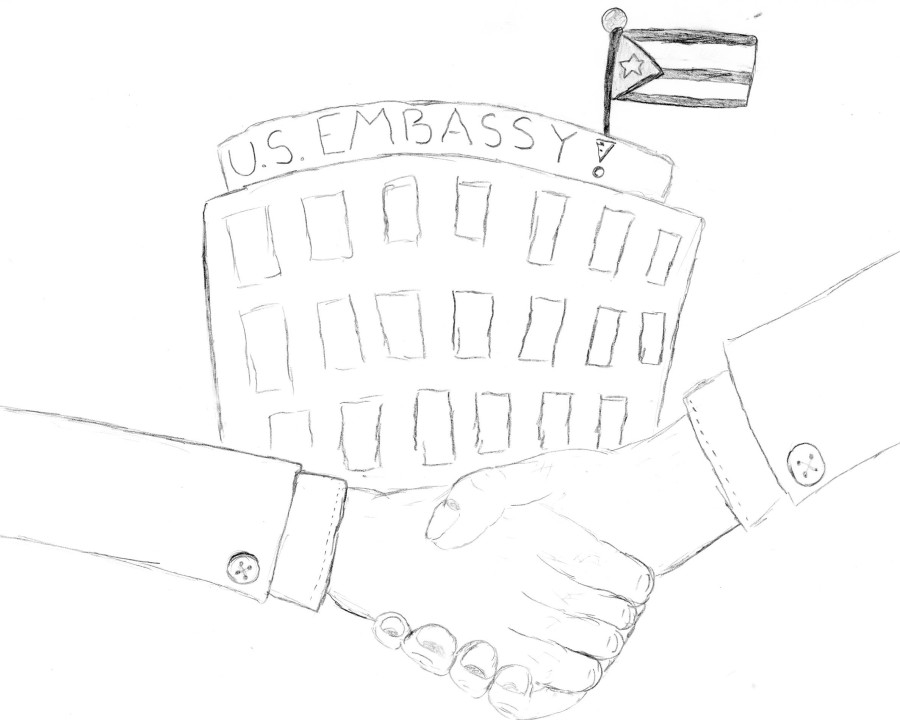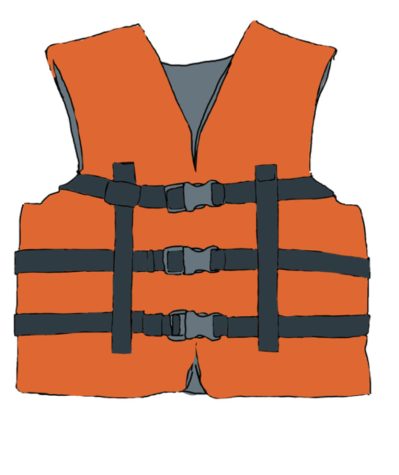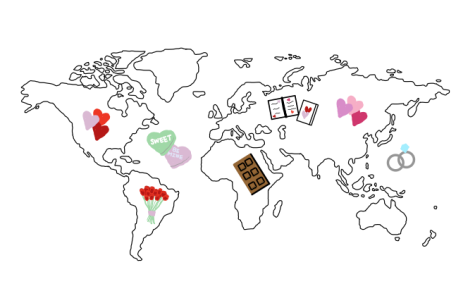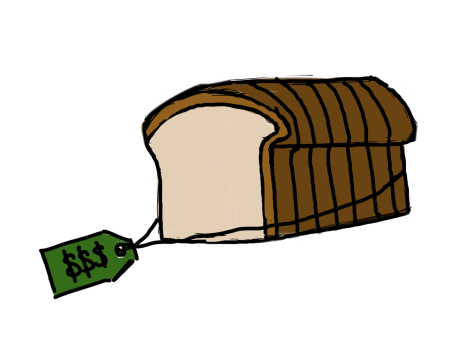American diplomacy with Cuba settles old differences
Since the Cold War, Cuba and the United States have had an uneasy relationship. The tension began when Fidel Castro led a revolt against Fulgencio Batista, who was the dictator of Cuba starting in 1953. After he chased Batista out of Cuba, Castro became prime minister in 1959. The United States was skeptical of Castro and one year later broke diplomatic relations with Cuba. The United States then imposed a trade embargo on Cuba. The trade embargo prevented American companies from doing business in Cuba and American travel to the island. In 1961, an attempt to overthrow Castro was organized but in the end failed. The attempted invasion was called the Bay of Pigs. It was led by Cuban refugees and backed up by the CIA. After the invasion, Castro declared Cuba a communist country and started creating an alliance with the communist Soviet Union. In 1962, Castro, fearing a U.S invasion, allowed the USSR to deploy nuclear missiles in Cuba, causing the U.S.–Cuba tension to worsen. This event is known as the Cuban Missile Crisis. For 13 days, the United States and the USSR had a standoff over the missiles. This eventually ended when the United States and the USSR made an agreement that the United States would not invade Cuba if the nuclear missiles were removed. The agreement also secretly included the removal of U.S. missiles from Turkey. The relationship between the two countries since then has been very hostile and it looks like the United States and Cuba would never have a sound relationship. But as of recently, that might change.
The hostility between the two countries started to ease when, in 2009, President Obama reduced restrictions on family travel and remittances to Cuba. The opening of embassies and embargo talks between the two countries might help to strengthen the relationship as well.
In October, U.S. Secretary of Commerce Penny Pritzker went to Cuba for embargo talks. She met with foreign and Cuban trade ministers. For over 50 years, American companies have not been able to do business in Cuba because of the embargo’s regulations towards American business in Cuba. However, Obama has loosened some of the restrictions in Cuba, allowing minor American deals in Cuba. Cubans are able to watch movies on Netflix and Airbnb has listed Cuba rental places online. Congress would have the say in ending the embargo, allowing American businesses in Cuba. Trade between Cuba and the U.S. is even being encouraged despite the fact that the embargo is still place.
The opening of the American embassy this past summer in Cuba also showed the forming of a relationship between the two countries. Over the summer, Secretary of State John Kerry went to Cuba to re-open the American embassy there. Despite these advancements between the countries, there is still tension present between the United States and Cuba. It seems Fidel Castro is not too keen on establishing any positive relationship between the two countries. The day before Kerry arrived, Castro was interviewed for an article, being written for his 89th birthday, and instead of mentioning the opening of the American embassy, he talked of how the American embargo caused damages to Cuba. He also talked about the anniversary of America dropping an atomic bomb on Japan. Despite this, many still hope to establish ties between the United States and Cuba.
“At this point it will be positive, the disruption and tension have gone on too long and both countries are ready to move into an era of unity and cooperation,” said sophomore Emma Perry.
Your donation will support the student journalists of Saint Viator High School. Your contribution will allow us to purchase equipment and cover our annual website hosting costs.








